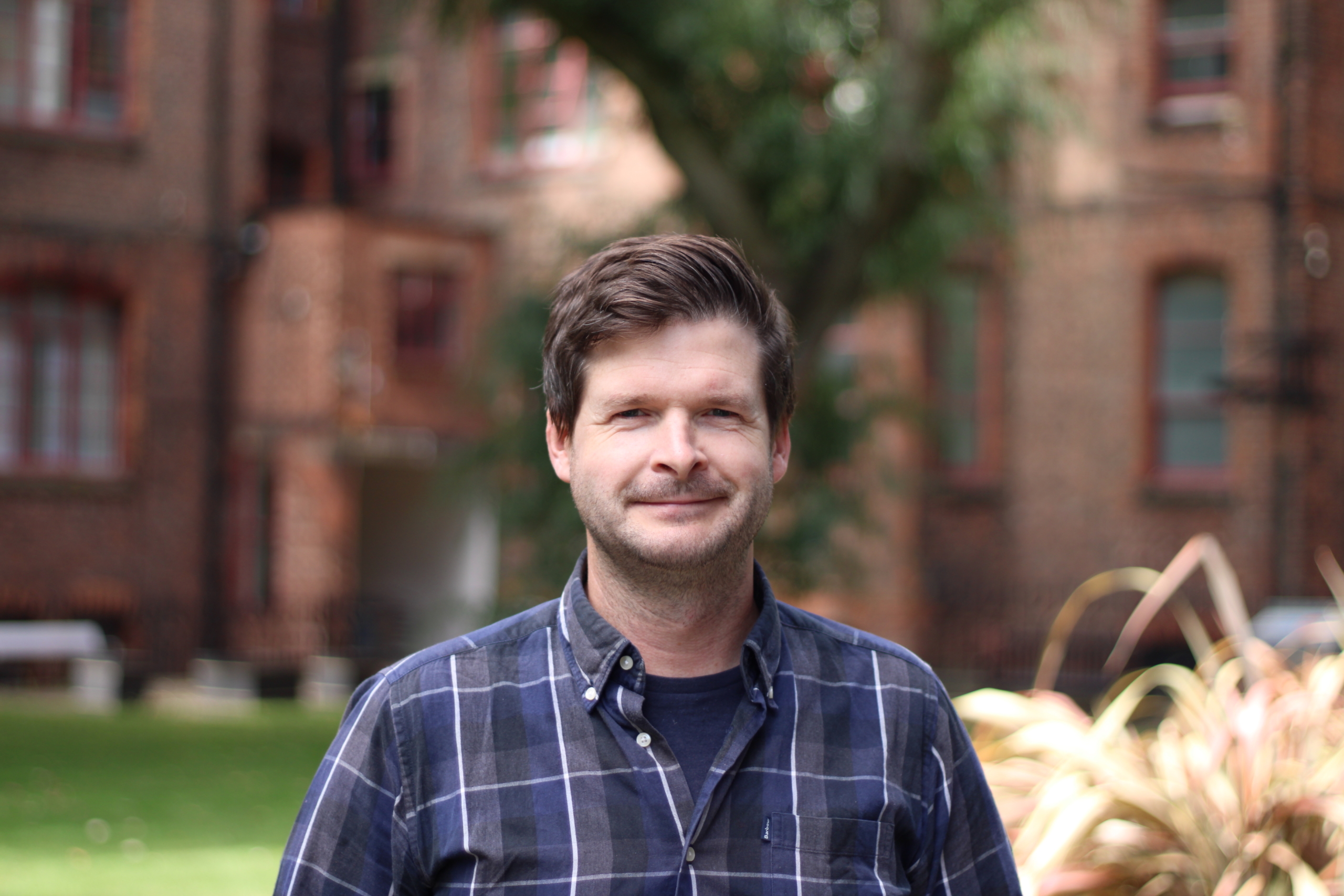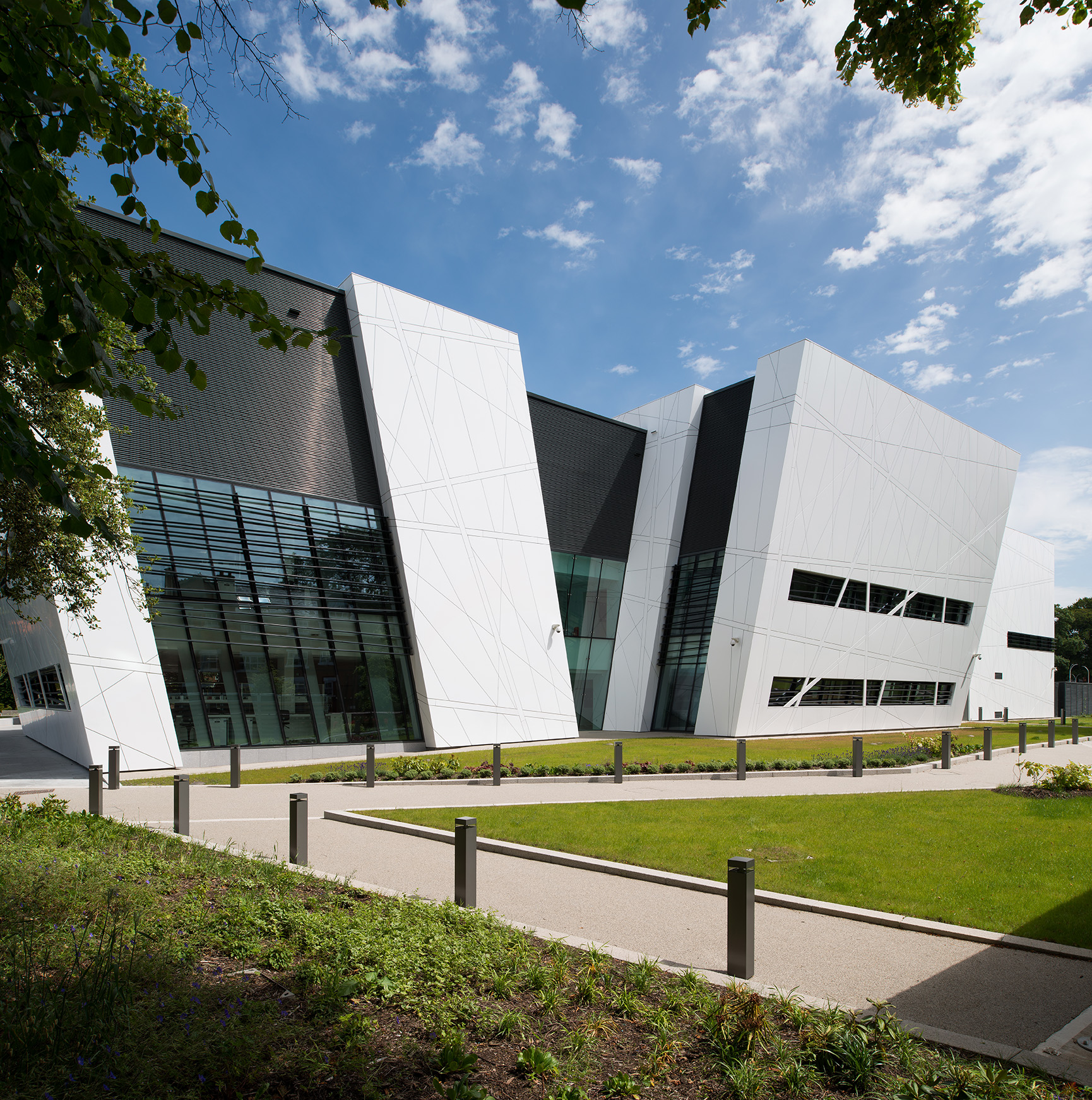Closing date: 15/11/2024
Non-Clinical Studentship Project: Investigating the role of the glycocalyx in immune cell recruitment to the ovarian cancer metastatic tumour microenvironment
Lead Supervisors: Dr Douglas Dyer
Co-Supervisors: Prof. Patrick Caswell, Prof. Richard Edmondson
Applications Deadline: Friday 15th November 2024
Interviews: Friday 17th January 2025
Non-Clinical Studentship start date: September 2025
Project Keywords: Ovarian cancer, Glycocalyx
Research Opportunity: Non-Clinical Studentship leading to the award of PhD
Project Outline
High-grade serous ovarian cancer (HGSOC) is the most prevalent and fatal form of ovarian cancer, known for its tendency to metastasize to the omentum within the peritoneal cavity. Over 200,000 women die annually from ovarian cancer, with more than 300,000 new cases diagnosed worldwide each year. The tumour microenvironment (TME) comprises a network of cellular and extracellular components that facilitate tumour progression. A crucial component of the TME are immune cells, primarily resident and monocyte-derived macrophages, that play a key role in shaping the TME. Macrophages have been shown to promote intraperitoneal metastasis, enhancing colonisation of the omentum.
The cell surface glycocalyx is an understudied structure composed of glycoproteins (primarily proteoglycans) and glycolipids and is present on a range of cells including the endothelium and macrophages. The glycocalyx on endothelial cells is central to immune cell recruitment and the macrophage glycocalyx drives cellular function.
Progress in understanding the glycocalyx function in biology has been hampered by the lack of established techniques to study it experimentally. This project will determine the role of the endothelial and macrophage glycocalyx in cancer and metastasis by establishing a range of cutting edge techniques.
We will analyse the glycocalyx in metastatic HGSOC, using multiplex imaging to understand the spatial distribution of cancer cells and those within the TME with respect to matrix and specific glycocalyx components. Using tissue clearing approaches and light sheet imaging we will reveal the 3-dimensional organisation of cells and matrix within the metastatic TME. By manipulating the glycocalyx of immune and endothelial cells in models of metastasis we will demonstrate the function of the glycocalyx in immune cell recruitment to sites of metastasis, and provide new insight into how these important drivers of cancer outcomes within the TME might be manipulated to improve patient outcomes.
Applications for this project are now open. Please complete your application on The University of Manchester website.
About Dr Douglas Dyer (project Lead Supervisor)
Dr Dyer leads the glyco-immunology lab based within the Wellcome Centre for Cell-Matrix Biology and the Lydia Becker Institute of Immunology and Infection. As such our lab is focused on utilising a multi-disciplinary and collaborative approach to understand the role of the immune system and the cell surface glycocalyx across health and disease. We are particularly keen to advance our understanding of basic biology to better treat diseases such as cancer. Furthermore, we are focussed on fostering and nurturing the next generation of scientists to provide them with the tools establish their own successful careers following their PhD training.

Key information
Before submitting an application, please ensure you have read the information below about the funding arrangements and eligibility for Non-Clinical Studentships.
We also encourage you to get in contact with the lead supervisor to discuss the project and any particulars.
Further information is available on the Non-Clinical PhD Studentships webpage.
Our Non-Clinical PhD Studentships are usually funded for four years, with funding covering:
- Project running costs
- University tuition fees university tuition fees (at the UK rate, with some scholarships available for high-performing EU/International candidates)
- An annual stipend of £21,000 to help with living costs
Studentships are highly competitive and so we encourage you to contact any supervisors who you are interested in working with before applying for our Non- Clinical PhD Studentships.
International Candidates
The University of Manchester aims to support the most outstanding applicants from outside the UK.
We are able to offer a limited number of bursaries to high-performing EU and international candidates, covering PhD fees only. Bursaries do not include financial support for visa/health surcharges.
We assess each EU and international candidate’s suitability for a bursary at the application and interview stages.
You must hold, or be about to achieve, a First or Upper Second-class honours degree in a relevant subject. A related Master’s degree is also an advantage.
International applicants (including EU nationals) must ensure they meet the academic eligibility criteria (including English Language) before contacting potential supervisors to express an interest in their project. Eligibility information can be found on the University’s Country Specific information page.
Key dates
- Applications open: 11th October 2024
- Application deadline: 15th November 2024
- Interviews: 17th January 2025
- Start date: September 2025
Useful Links
Submit your application
Interested in applying for this opportunity? Go to The University of Manchester website to submit your application.
Non-Clinical PhD Studentships
Learn more about our Non-Clinical PhD Studentships.
Get in Touch
Contact Dr Georgina Binnie-Wright, Postgraduate Programme Manager.
Researcher Stories
Read first-hand experiences of from cancer scientists from across Manchester.
Why Manchester?
Find out why postgraduate students choose to study in Manchester.
A Day in the Life of a Non-Clinical PhD Student
Watch our short video to see what it's like to be a Non-Clinical PhD student in Manchester.





